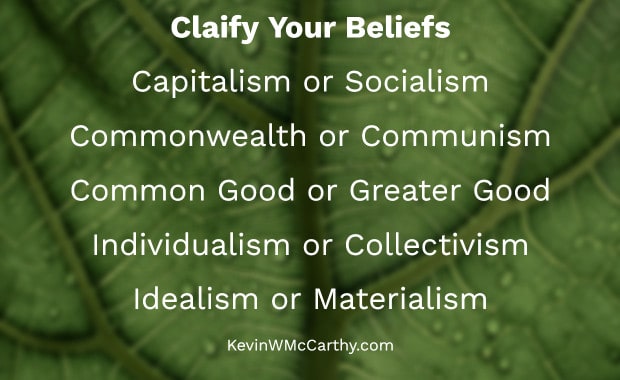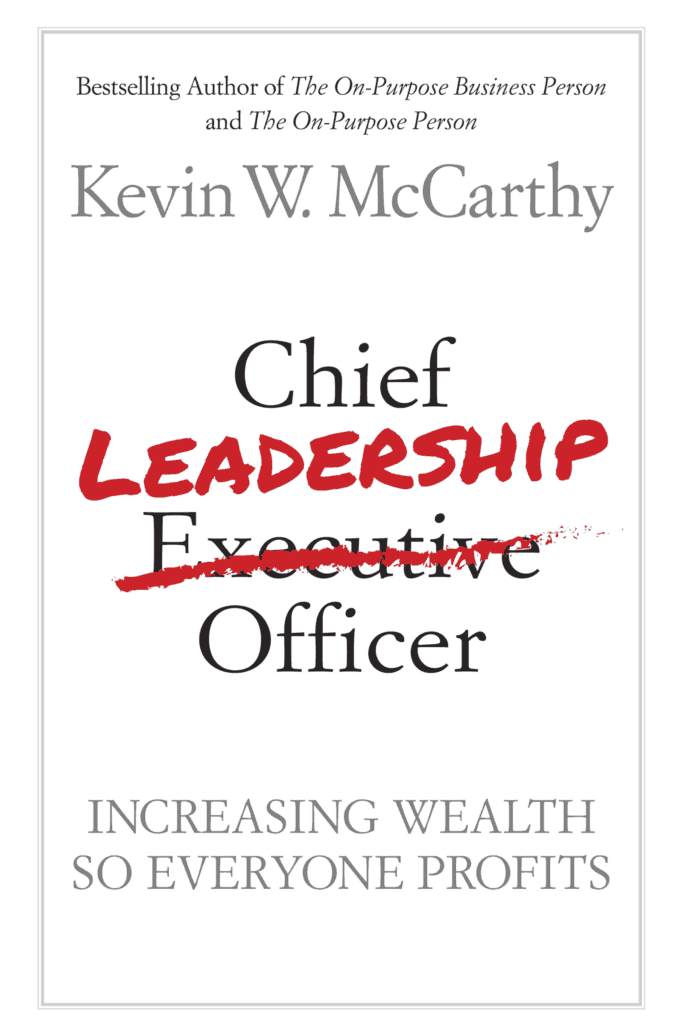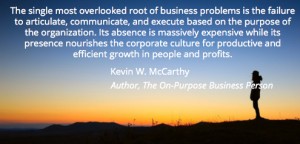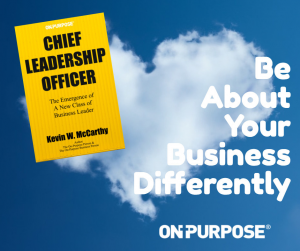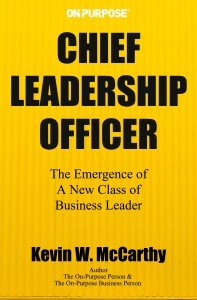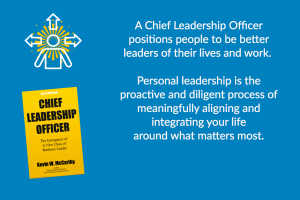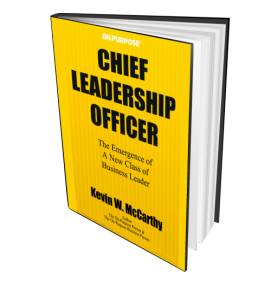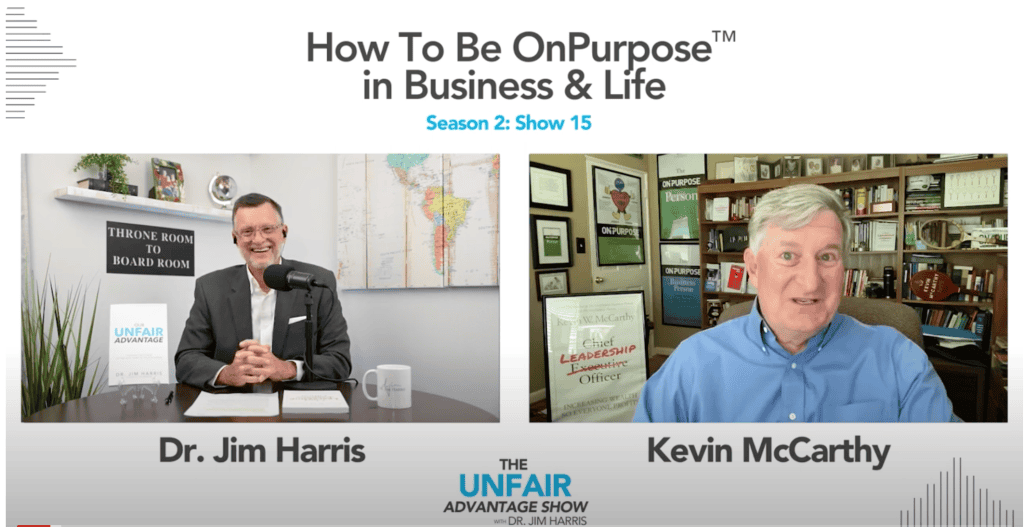
You never really know how your work touches another person’s life.While I’ve known Dr. Jim for over 30 years, I had no idea until this interview the impact of our working together on his 2-word purpose. Here’s the interview in its entirety.
Jim, as you’ll see, is a bright guy with a curious mind and a steward’s heart. His strong Christian faith comes through in this interview — as does mine. Thanks to his inquisitive mind, we go deep with some on-purpose principles. Given our relationship, there’s a natural comfort in our conversation, which I hope translates into a deeper appreciation and application of your 2-word purpose. As always, your comments are welcomed.
Be On-Purpose!
Kevin


